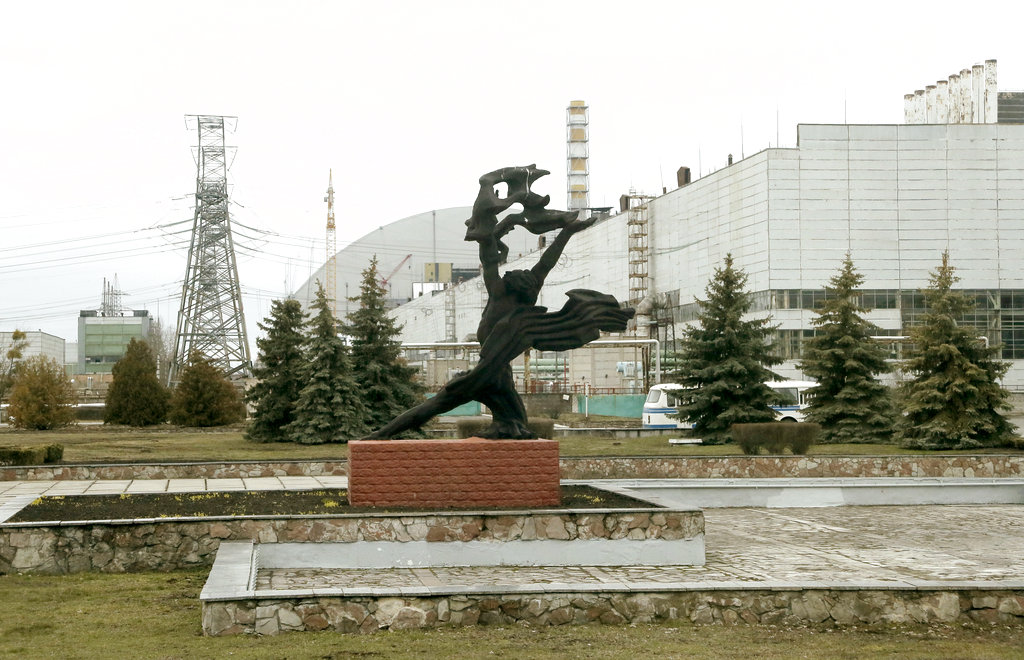Fresh spat in the left-wing New Popular Front alliance is good news for the Macron camp, which hopes to benefit from a fragmented opposition.

Contrary to Jean-Luc Mélenchon’s claim, the impeachment procedure has very little chance of succeeding.
August 19, 2024
By Giorgio Leali and Anthony Lattier
The French left is divided, again.
Part of the French left is embarrassed by radical firebrand Jean-Luc Mélenchon’s call to impeach President Emmanuel Macron, showing that France’s left-wing alliance is not as solid as it pretends to be.
This new spat within the New Popular Front alliance, which came first in snap elections last month, is good news for the Macron camp, which hopes to benefit from a fragmented opposition.
Over the weekend, Mélenchon — founder of the France Unbowed movement — and his garde rapprochée once again urged Macron to appoint Lucie Castets as prime minister. Castets is the preferred candidate of the pan-left alliance that gathers Mélenchon’s party along with Socialists, Greens and Communists.
But this time they added a threat.
If Macron doesn’t give in to their demands, the parliament should launch an impeachment procedure as “the refusal to recognize a legislative election and the decision to ignore it constitute a reprehensible breach of the elementary requirements of the presidential mandate,” Mélenchon wrote in a piece published in La Tribune, which was co-signed by party heavyweights such as Manuel Bompard and Mathilde Panot.
Contrary to Mélenchon’s claim, the impeachment procedure has very little chance of succeeding, experts say, not least because it would need to be endorsed by two-thirds of MPs in both houses of the French parliament.
But the proposal has had at least one practical effect — of weakening the left wing and putting its divisions under the spotlight.
All the other parties were quick to dismiss Mélenchon’s call. Even the entourage of prime minister candidate Castets distanced themselves from the impeachment threat, telling POLITICO that it was “an initiative of the France Unbowed, not of Lucie.”
On Monday, which happened to be Mélenchon’s birthday, Greens leader Marine Tondelier dismissed the impeachment call and warned against the risk that the left-wing “polyphony should not become a cacophony.”
While Socialist leader Olivier Faure also distanced himself from Mélenchon’s impeachment call, some within his party are increasingly warning against the extreme positions of the France Unbowed movement.
The squabble over the impeachment proposal has re-ignited internal bickering after the three parties managed to find some unity as they rallied behind Castets as common candidate for prime minister. The three parties were set to go together as a joint political force to consultations that Macron will hold at the Elysée Palace on Friday to form a new government.
But that unity is now in danger. “If the Unbowed don’t abandon this idea, we can’t go to the Elysée together to see a president whose impeachment they are calling for,” said Hélène Geoffroy, which heads a minority group within the Socialists.
In the meantime, Macron’s allies are rubbing their hands, hoping to capitalize on divisions among their left-wing opponents.
“It doesn’t strengthen them” going into Friday’s Elysée meeting, said a person close to the French president who was granted anonymity to speak candidly. “When you disagree on something as essential as the Constitution, how can you imagine governing together?”
In the past, Macron has implicitly dismissed the possibility that Castets could become prime minister and instead called for a broader alliance including his own camp.
French politics was put on hold during the Paris Olympics: the country still doesn’t have a government more than one month after outgoing Prime Minister Gabriel Attal and his ministers resigned. They remain as a caretaker administration. An outgoing minister predicted that the new government could be appointed after the Paralympic Games, which are taking place in Paris until Sept. 8.









